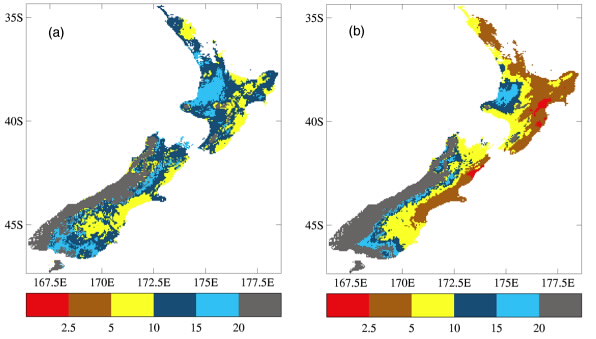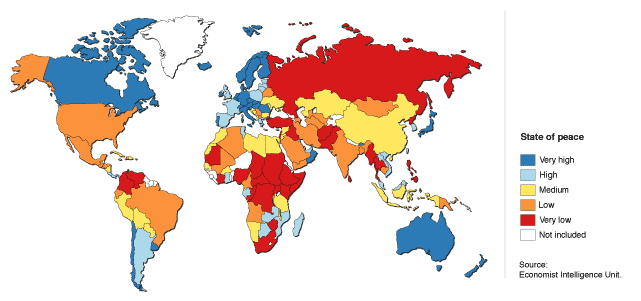Yesterday saw Rio Tinto stick their hand out for corporate welfare, threatening to shut down their Tiwai Point aluminium smelter unless shielded from the effects of the emissions trading scheme. It is, of course, motivated purely by self-interest - the ETS would mean paying more for electricity, which would mean lower profits for Rio Tinto's shareholders. And it's par for the course for Rio Tinto, who made exactly the same threat just a few years ago to get government-owned Meridian Energy to cut them a cheap deal on power, and a few years before that in an effort to get the government to sell them the Manapouri power station (fortunately, they were unsuccessful). And its particularly egregious because Tiwai Point is already shielded - the ETS includes provision for companies which are "trade exposed" and adversely affected by either the cost of emissions or the cost of electricity to receive substantial amounts of carbon credits as compensation to ensure their profitability. While this shielding - essentially a subsidy from the New Zealand taxpayer to Rio Tinto's foreign shareholders - will eventually expire, by that time we expect much of the rest of the world to be part of a global climate regime (either by imposing their own carbon price, or by having it imposed for them in the form of border taxes on imports from polluter nations).
Rio Tinto's naked self-interest has naturally produced a backlash, with comments ranging from fuck 'em to fuck off. And I agree. But not just because I dislike capital acting as a "virtual senate" to veto the policy of democratically elected governments, but also because Tiwai Point is not actually economically beneficial to New Zealand. We would be better off if we simply shut it down. And the glorious thing is you can show it with Rio Tinto's own numbers.
Back in 2004, when Comalco (as it was known then) was threatening to leave New Zealand if forced to pay market rates for electricity, it produced a self-serving little report on The Continued Economic Contribution of the Tiwai Point Aluminium Smelter, 2004 – 2012 [PDF]. This assessed the smelter's aggregate economic benefit to New Zealand - including corporate taxes, employment, fixed charges, dividends from SOEs, and deferred investment in the national grid (that apparently being a "benefit") - at a grand total of $121.2 million per year. For the period 2013 to 2022 (which is the period we're talking about here), they expect a lower benefit: $103.8 million per year.
These benefits are outweighed by the benefits of shutting the plant down. How? Because as many people have noted, Tiwai Point uses around 15% of the nation's electricity - electricity that could (with a significant grid upgrade) be used elsewhere. That is more than the around 12% generated annually by coal, so the most significant advantage of such a shutdown would be that we would be able to effectively shut down the inefficient, coal-burning Huntly power station and relegate it to permanent dry-year backup. And that's where the benefit would come in, because Huntly costs us a lot of money.
According to the Ministry of Economic Development report on New Zealand Energy Greenhouse Emissions 1990 - 2006, Huntly's emissions in 2006 totalled 4.671 MTCO2 (yes, they're it for the coal column; co-gen is counted separately). Assuming a carbon price of $25/ton, that effectively cost us $116.775 million (2005 emissions were even higher). So, at current prices, it is economically worthwhile simply to let them leave, and stick the extra $10 million a year into an economic development agency for Southland. But it gets better. Remember the need for a grid upgrade? We're already doing part of it. That knocks just over $13 million off Comalco's calculated benefit (because remember, having a shitty national grid is a Good Thing in their books), increasing the benefit of their departure to $26 million per annum. So, the economically rational thing to do is call Rio Tinto's bluff, get Transpower to upgrade the Invercargill-Livingstone link, and watch them go.
This is on their own numbers, remember. They have been hoist with their own petard.








